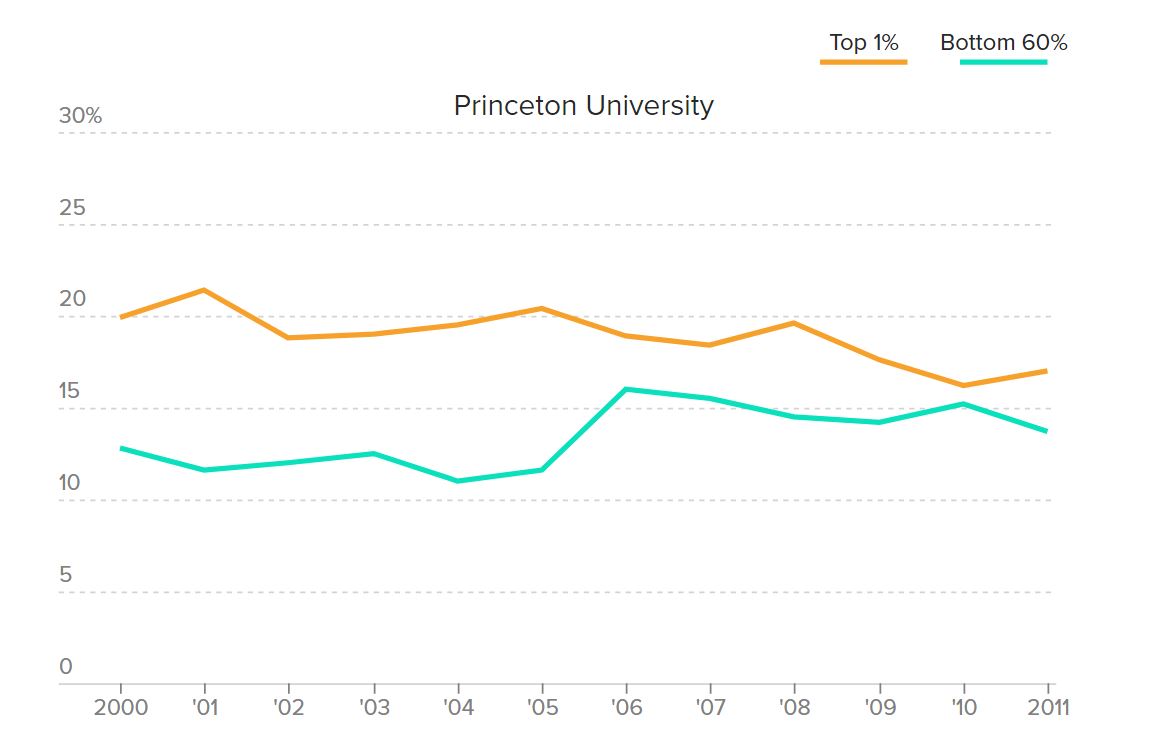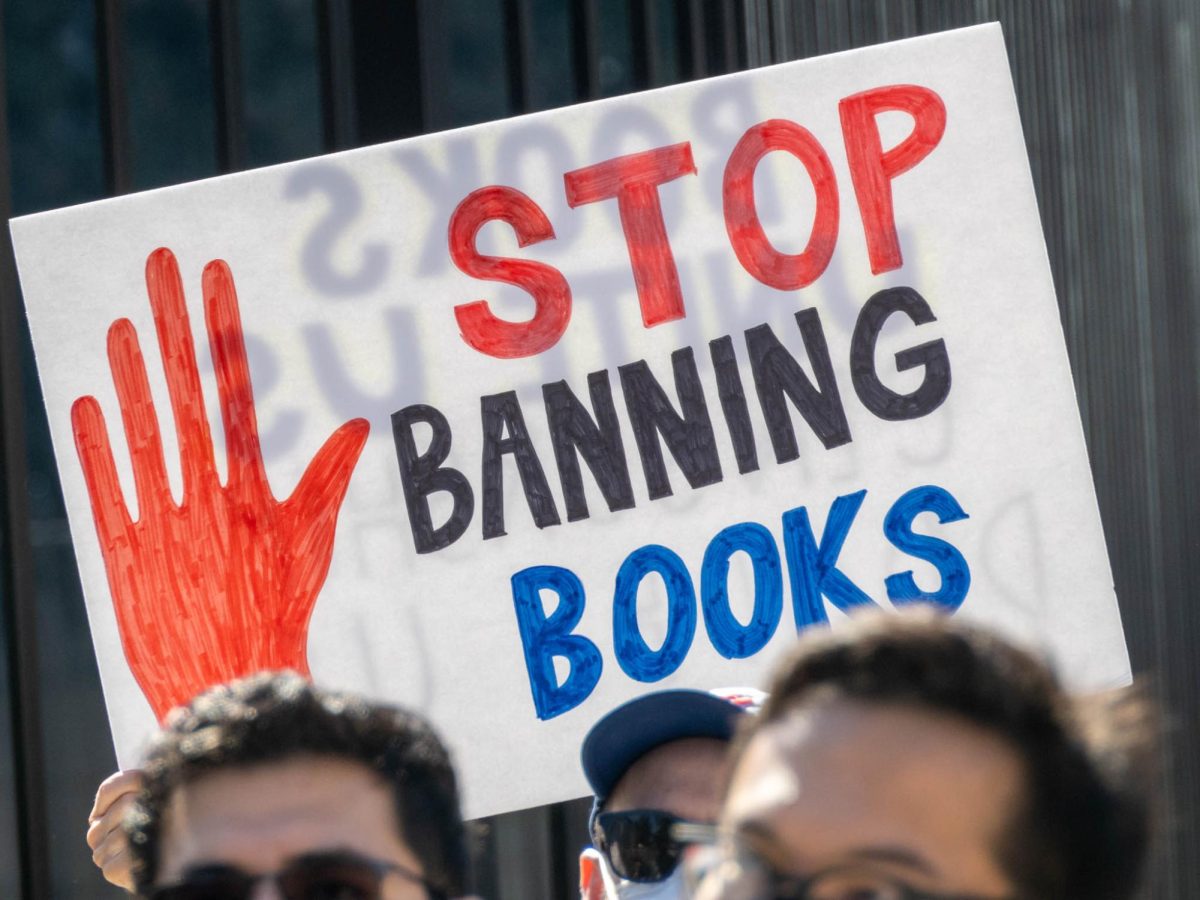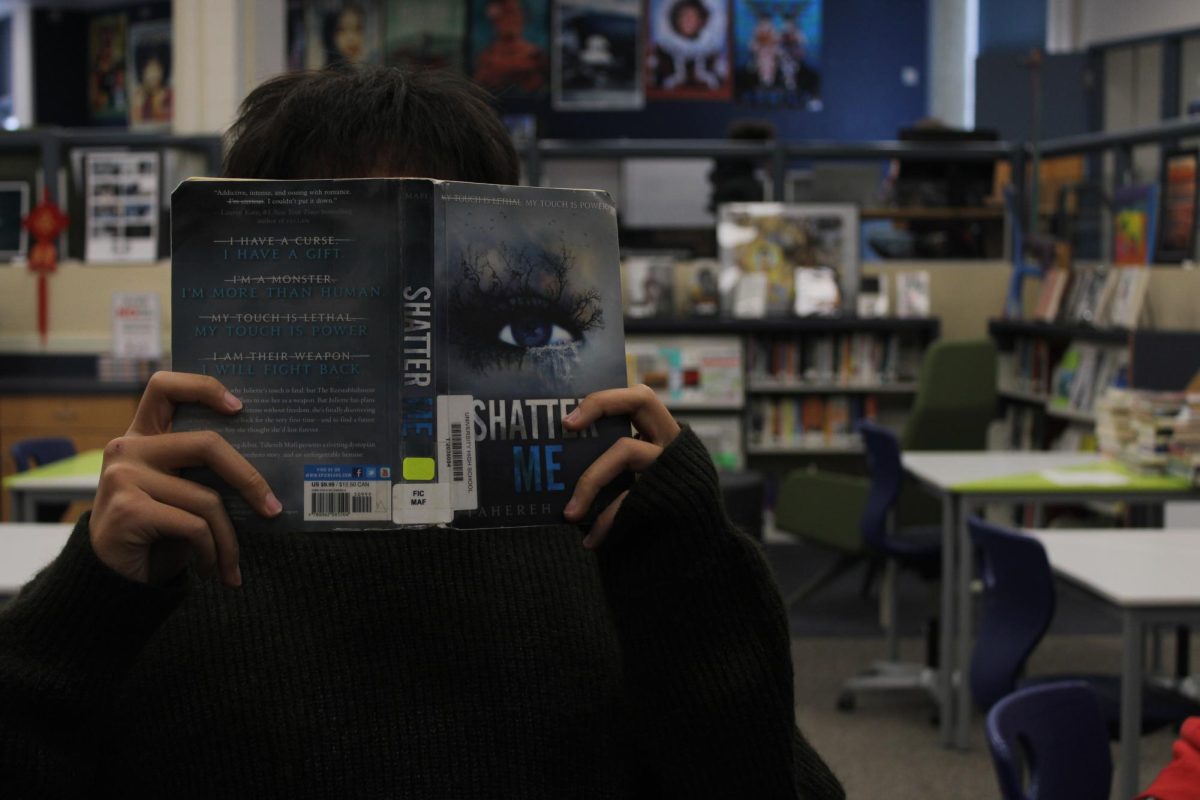
By TEAGAN SO and BRIAN KIM
Staff Writers
Recently, President Donald Trump tried to defend his image among the American public by claiming that he had been unfairly portrayed by the media. “I went to the Wharton School of Business,” he insisted. “I’m, like, a really smart person”.
It’s easy to dismiss these ramblings, but Trump’s statements are still frighteningly in line with how many Americans, especially employers, have come to value degrees from certain colleges.
“Dismissed by Degrees,” a study by Harvard Business School, revealed how certain students benefitted disproportionately from the names of the colleges they went to rather than their specific skills.It called this phenomenon “degree inflation” and concluded that companies should be more deliberate about their hiring practices and reverse degree inflation.
In part, this is the inevitable consequence of the staggering rise in college graduates in recent decades. In 2013, 33.5 percent of Americans ages 25 to 29 had at least a bachelor’s degree. That number was 24.7 percent in 1995 and only 21.9 percent in 1975, according to the National Center for Education Statistics. As more and more workers enter the job market armed with a college degree, employers have been forced to become more and more discriminatory in selecting their employees, and it makes sense that they would choose from the best colleges.
However, the reputations of these big-name colleges aren’t often accurate.
The AtlanticOne of the most influential college ranking lists, the U.S. News College Rankings created by the US News & World Report, has been consistently criticized for the flaws in its ranking methodology. According to
, the methodology changes every year, creating inconsistent and unreliable rankings. In addition, 22-25% of a college’s rank is determined by peer assessments turned in by college and admissions officials. This turns the ranking list into a popularity contest based on a college’s reputation.
It’s no small secret that the rich have a better chance of getting into a top-tier college than their fellow citizens. In 2013, George Washington University confessed that they accepted some students based on how financially independent they were. Wealthier applicants appeal to universities because they can pay full tuition. This is problematic in a country where, according to Fortune, college education can add an average of $1 million to a person’s income over their lifetime.
Ms. Angela Gatlin (College and Career Center Dept.)So what does this mean for UHS students? More research, for one, to find the right school. “The ones that do their actual research…those are the students that are gonna excel and do fine. The ones that are going because they’re going just for the name of the school…they get surprised when they get there,”
said. “Not many (students) will look outside the box…the majority do seem to have all the popular UCs or the popular Ivy Leagues.”
Ms. Jamie Grace (Counseling Dept.)agrees. “It seems like many of students’ college choices are made out of pressure to compete.”
The Princeton ReviewThese statements are reflected in a survey of 37 current students in all four grades. Of the 28 students who reported that they had a dream college, 21 of them gave colleges that were among the most highly ranked schools in the US News College Rankings. Pollees were also asked if they would choose Harvard University over any other choice, including their dream colleges, if they received acceptance letters. 16 replied that they would. Pollees were also asked about whether they would go to Bard University, a college of higher academic ranking than Harvard according to
. 5 pollees chose to switch from Harvard to Bard. One said, “(Bard) has a higher ranking. The reason I chose Harvard is because I didn’t know what Bard University [was], but now that I know its academic ranking, I would go to Bard.” Interestingly, among the students who said they would not go to Bard, one said that “rankings online aren’t that important; it matters what people think.”
College is increasingly becoming a way for the wealthy to maintain their economic status. Since the end of World War II and the GI Bill, which gave numerous middle-class veterans unprecedented access to higher education, college has been seen as a great equalizer in American society. It has been a way for the working class to pull themselves up by their bootstraps and, through hard work, gain the skills necessary to become a productive member of the country. Now, however, we see the increasing disparity between the educational prospects of the rich and the poor. This is incredibly dangerous, given the staggering rise of college debts. It has become an epidemic where the best colleges in the country charge the highest tuition, saddling the poorest students with college debts that burden their future endeavors while leaving those with rich parents to walk off with a great degree, no financial burdens, and a bright future.
Students need to stop looking for colleges that are commonly recognized as “elite” and start looking for colleges that genuinely provide the environment and educational background that best matches their major and personality. This kind of social attitude cannot be fought by government policy or educational decree; it can only be fought by the students who feed the modern college system.













